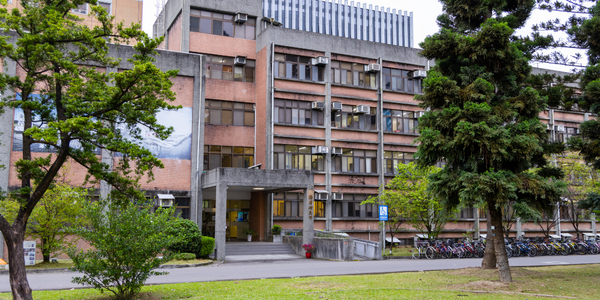Download PDF
Transforming Driver Workflows: A Case Study on UniGroup and Samsara
Applicable Industries
- Buildings
- Transportation
Applicable Functions
- Procurement
Use Cases
- Driver Performance Monitoring
- Inventory Management
Services
- System Integration
The Challenge
UniGroup, a $1.5 billion transportation cooperative, faced a unique challenge due to its complex organizational model. The cooperative, which handles one-third of all professional moves in the United States, is owned by over 160 member agencies. This structure necessitates that their drivers switch between multiple operating authorities (MOAs), complicating the tracking of miles and hours of service (HOS). The need to streamline HOS management and maintain compliance with federal regulations was paramount. However, the solution had to be easy to install and capable of innovating alongside UniGroup's evolving needs.
About The Customer
UniGroup is a $1.5 billion transportation cooperative owned by more than 160 member agencies. It handles one-third of all professional moves in the United States, making it a significant player in the transportation industry. The cooperative operates a fleet of 4,700 vehicles and employs 5,500 drivers who collectively drove 137 million miles in 2021. Due to its complex organizational structure, UniGroup's drivers must switch between multiple operating authorities, which presents unique challenges in tracking miles and hours of service.
The Solution
In collaboration with Samsara, UniGroup developed a new feature within the Samsara Driver App that allows drivers to easily switch between MOAs. This feature, coupled with guided workflows that remind drivers to certify their logs at the end of the day, has revolutionized UniGroup's operations. It has simplified drivers' daily workflows and streamlined HOS management. Furthermore, UniGroup leveraged Samsara’s open API to automate their fuel purchase data processing. After a driver takes a picture of a fuel receipt using the digital Documents feature in the Driver App, the fuel purchase data is automatically integrated into UniGroup’s mainframe system. It is then cross-checked against HOS data to proactively identify instances of theft or fraud, thereby increasing efficiency and reducing manual work for their back office.
Operational Impact
Quantitative Benefit
Related Case Studies.

Case Study
Energy Saving & Power Monitoring System
Recently a university in Taiwan was experiencing dramatic power usage increases due to its growing number of campus buildings and students. Aiming to analyze their power consumption and increase their power efficiency across 52 buildings, the university wanted to build a power management system utilizing web-based hardware and software. With these goals in mind, they contacted Advantech to help them develop their system and provide them with the means to save energy in the years to come.

Case Study
Airport SCADA Systems Improve Service Levels
Modern airports are one of the busiest environments on Earth and rely on process automation equipment to ensure service operators achieve their KPIs. Increasingly airport SCADA systems are being used to control all aspects of the operation and associated facilities. This is because unplanned system downtime can cost dearly, both in terms of reduced revenues and the associated loss of customer satisfaction due to inevitable travel inconvenience and disruption.

Case Study
IoT-based Fleet Intelligence Innovation
Speed to market is precious for DRVR, a rapidly growing start-up company. With a business model dependent on reliable mobile data, managers were spending their lives trying to negotiate data roaming deals with mobile network operators in different countries. And, even then, service quality was a constant concern.

Case Study
Digitize Railway with Deutsche Bahn
To reduce maintenance costs and delay-causing failures for Deutsche Bahn. They need manual measurements by a position measurement system based on custom-made MEMS sensor clusters, which allow autonomous and continuous monitoring with wireless data transmission and long battery. They were looking for data pre-processing solution in the sensor and machine learning algorithms in the cloud so as to detect critical wear.

Case Study
Cold Chain Transportation and Refrigerated Fleet Management System
1) Create a digital connected transportation solution to retrofit cold chain trailers with real-time tracking and controls. 2) Prevent multi-million dollar losses due to theft or spoilage. 3) Deliver a digital chain-of-custody solution for door to door load monitoring and security. 4) Provide a trusted multi-fleet solution in a single application with granular data and access controls.

Case Study
Intelligent Building Automation System and Energy Saving Solution
One of the most difficult problems facing the world is conserving energy in buildings. However, it is not easy to have a cost-effective solution to reduce energy usage in a building. One solution for saving energy is to implement an intelligent building automation system (BAS) which can be controlled according to its schedule. In Indonesia a large university with a five floor building and 22 classrooms wanted to save the amount of energy being used.





